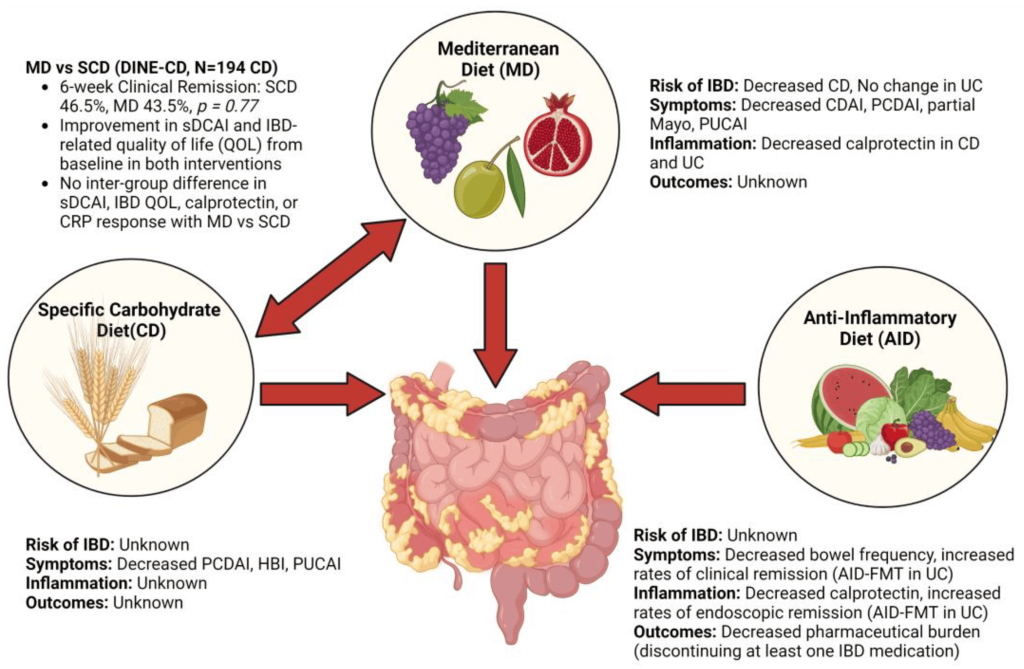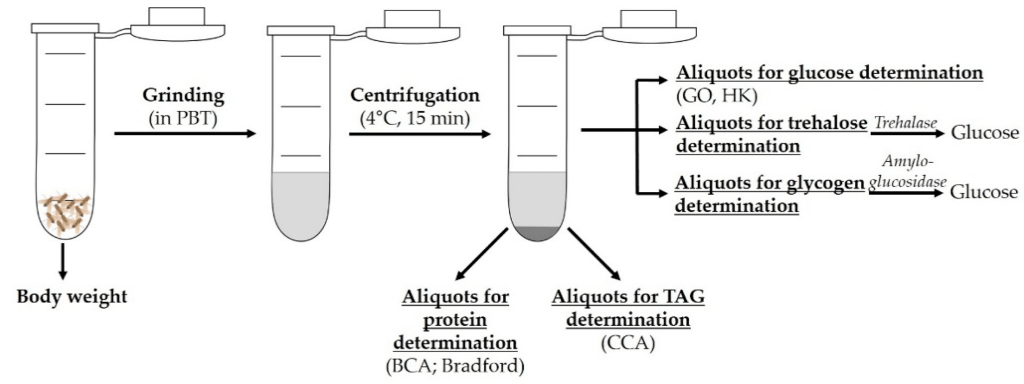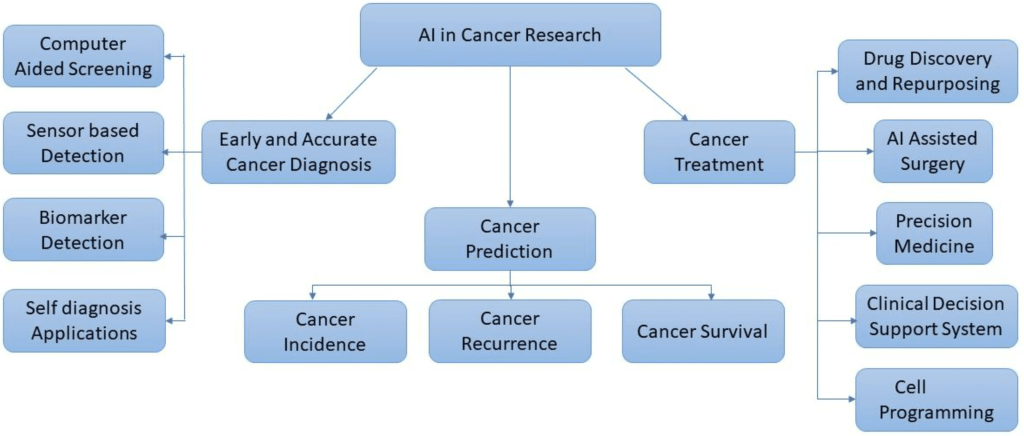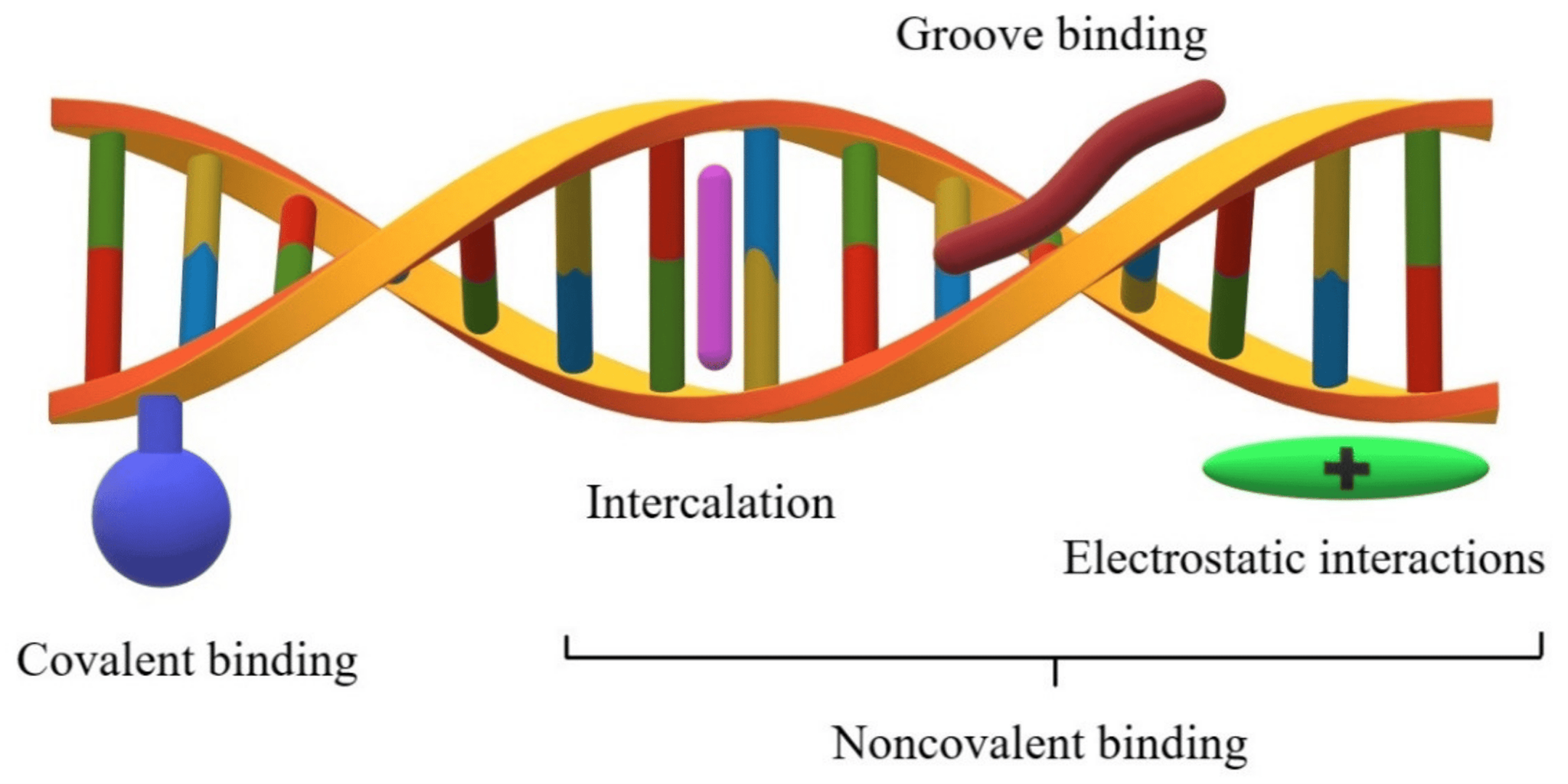Nutrigenomics refers to the scientific field where genetics joins nutrition science. It enables the development of personalized dietary strategies based on one’s DNA knowledge. As the research progresses and reveals new interconnections between a particular person’s genome and nutrient absorption and metabolism, nutrigenomics may change the approach to food and nutrition altogether. This article explains the basics of nutrigenomics, describes its virtues, provides the academic background, and discusses the possible future.
Introduction to Nutrigenomics

Nutrigenomics is a discipline that emphasizes the interaction of nutrition with genes and health in a scientific way. It aims to understand and establish how genetic differences impact the body’s response to nutrients and ultimately enable personalized nutrition approaches and combat chronic disease. Nutrigenomics Bandar togel promises to help guide people’s dietary choices that are most beneficial to them personally rather than the same dietary recommendations for everyone.
Genetic Variations and Nutrient Metabolism

The basic idea that nutrigenomics is based on is that genetic mutations or polymorphisms can affect the way nutrients are metabolized and used in the organism. More specifically, some genetic profiles can predispose certain individuals to suffer from vitamin deficiencies while others may retain too much of a mineral, which likewise would be bad. Thus, DNA tests that determine these genetic markers allow seeing what foods might help one’s health or predispose one to disease.
The Science of Nutrigenomics
Although results of genome-wide association studies and intervention studies are not absolutely qualitative on their own, they reveal that the food we eat can directly affect gene expression through a number of mechanisms . Fish-derived omega-3 fatty acids, for example, turn off a number of genes involved in inflammation. Inflammatory processes underlie the majority of chronic illness.
Applications in Disease Prevention and Management

The implications of nutrigenomics in disease prevention and management are vast. For example, a person with a type 2 diabetes gene might be put on a diet that increases insulin sensitivity and maintains blood sugar levels. Similarly, people predisposed to getting cardiovascular illnesses according to their diet would be advised to eat foods that cut down their inflammatory responses and LDL cholesterol.
Nutrigenomics in Weight Management
In addition, nutrigenomics presents viable solutions to weight control problems. Inspecting an individual’s genes, investigators can see the differences in genes linked to metabolism, hunger sensation levels, and the manner in which the body stores fat. The information is the basis of scientifically substantiated balanced diets aimed at making your body lose weight efficiently and then maintain the desired size. Because scientists learn about people’s genetics, dietitians can come up with eating plans likelier to work in maintaining the appropriate weight.
Ethical and Privacy Considerations

As with any other field that operates on genetic data, nutrigenomics has several ethical and privacy issues. Among the most significant in this case are the possible risks of genetic discrimination and the privacy of the acquired genetic data. It is vital that decision-makers uphold the confidentiality of such information and only work with individuals’ data with their consent to preserve trust and respect for cultural autonomy.
The Future of Nutrigenomics

Looking to the future, there is a great potential ahead for nutrigenomics. As genetic testing technology continues to grow, becoming more accessible, personalizing nutrition advice could become more available. Ultimately, this would affect the health of entire populations by improving people’s health and helping to manage chronic conditions with the help of nutrition. Furthermore, current research would likely reveal much more about how our genes interact with our food. This could eventually lead to discoveries in nutrition science and healthcare.
A Personalized Path to Health

In conclusion, nutrigenomics is a highly exciting area of dietary science with the promise of revolutionizing personalized medicine. Its capacity to provide suitably adjusted nutrition plans that markedly improve individual health due to an understanding of the genetic basis of nutrient metabolism and response to diverse diets is unique. As a result, although some concerns, including ethical and data transfer or privacy issues, exist, nutrigenomics is still a fundamental area to be studied and applied in the search for the optimal state of being.

